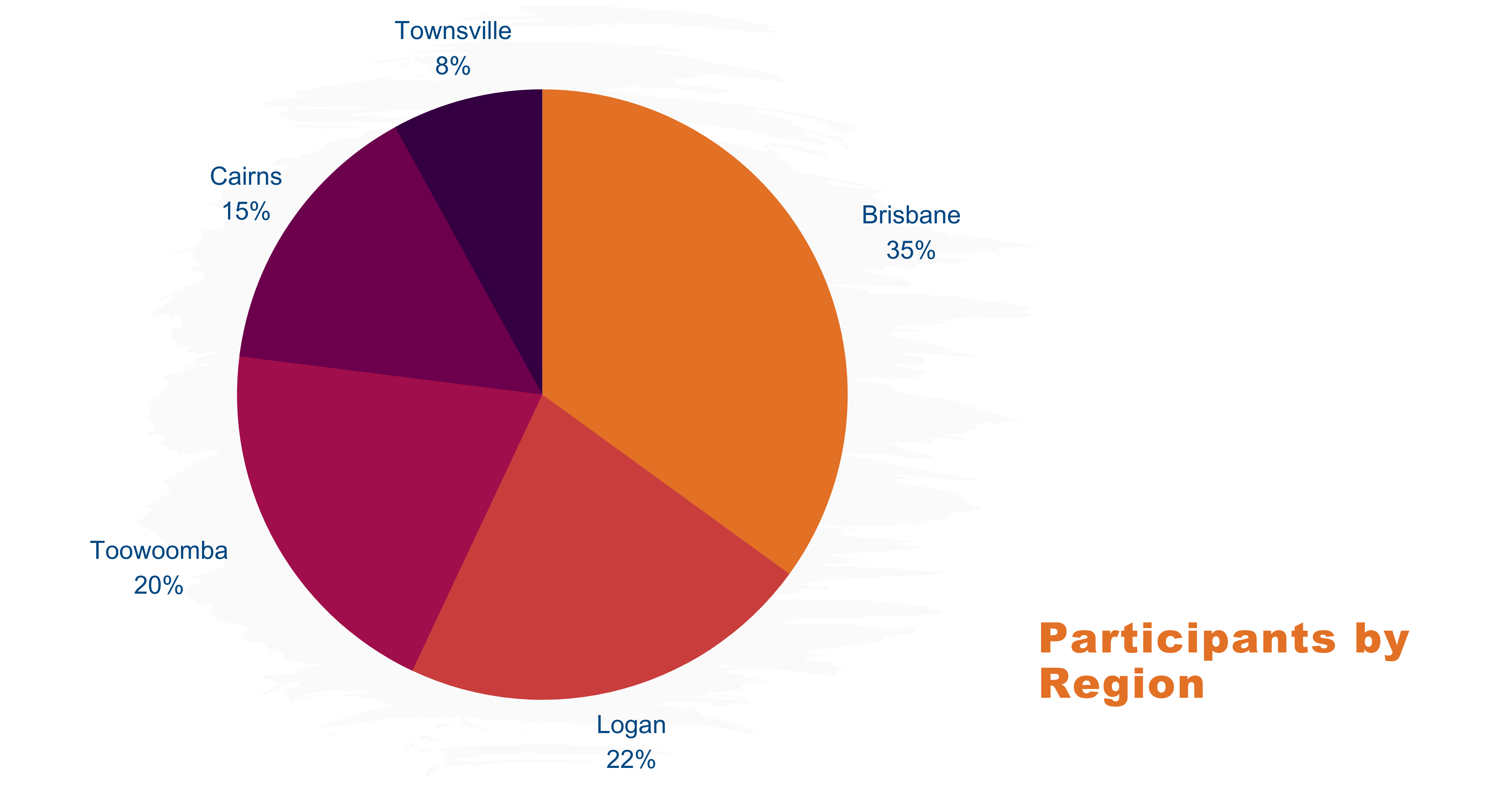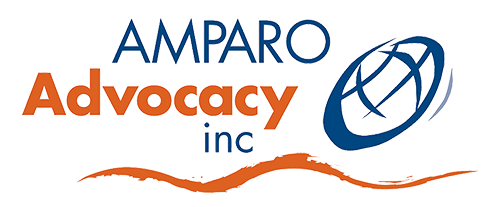The ILC project is being delivered in Brisbane, Logan, Toowoomba and Cairns
These cities have significant humanitarian arrivals and are well-established settlement areas. In each of these locations, there are Multicultural Engagement workers (MEWs) who deliver culturally appropriate activities to individuals and their families to increase their:
- Understanding of disability and the rights of persons with disability in the Australian context
- Expectations for what a good life might look like
- Awareness of mainstream and specialist disability services and how to access these services
- Capacity to exercise choice and control when engaging with services, including the NDIS
- Confidence to exercise their rights and voice their concerns.
Most participants were born overseas in more than twenty-five different countries. Almost seventy per cent of participants have arrived in Australia on a humanitarian visa, and a quarter of participants have arrived in Australia in the past five years.
Participants speak more than twenty-five languages besides English, with Swahili, Vietnamese, Arabic and Kurdish-Kurmanji being the most commonly spoken languages. The majority of participants require an interpreter.
Effective partnerships have been established by the Multicultural Engagement Workers (MEWs) with key stakeholders in their regions including Refugee Health, settlement agencies, QPASTT, schools, community connectors, disability service providers and the Access and Referral Teams.
Our Multicultural Engagement Team
Jenny Ryan | Coordinator
Maree Anderson | Brisbane
Keiko Omi | Brisbane
Venantie Niragira | Logan
Sylvie Hayere | Toowoomba
Julie Dunn | Cairns
Louisa Devadason | Admin. Officer
Our Participants







